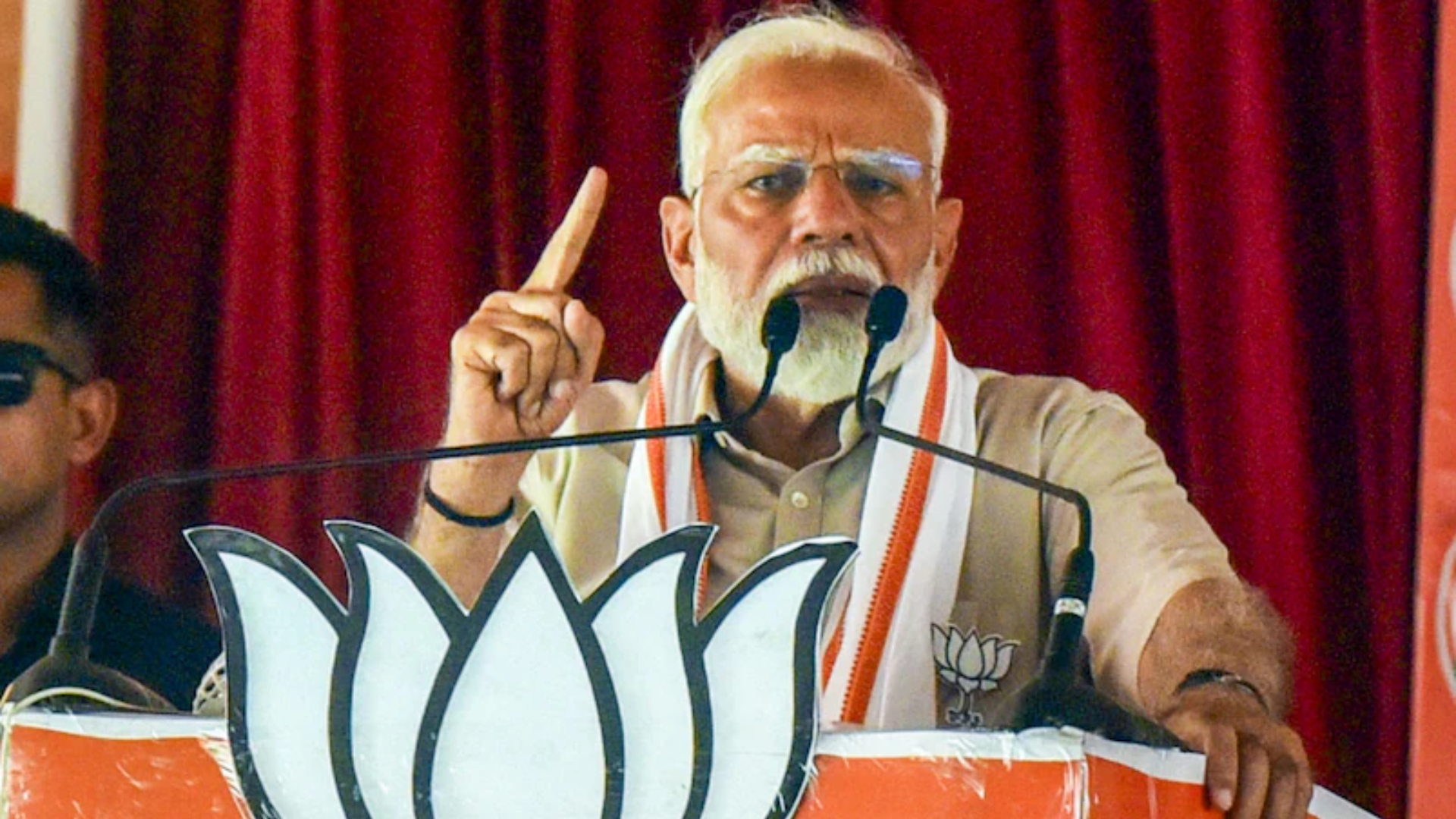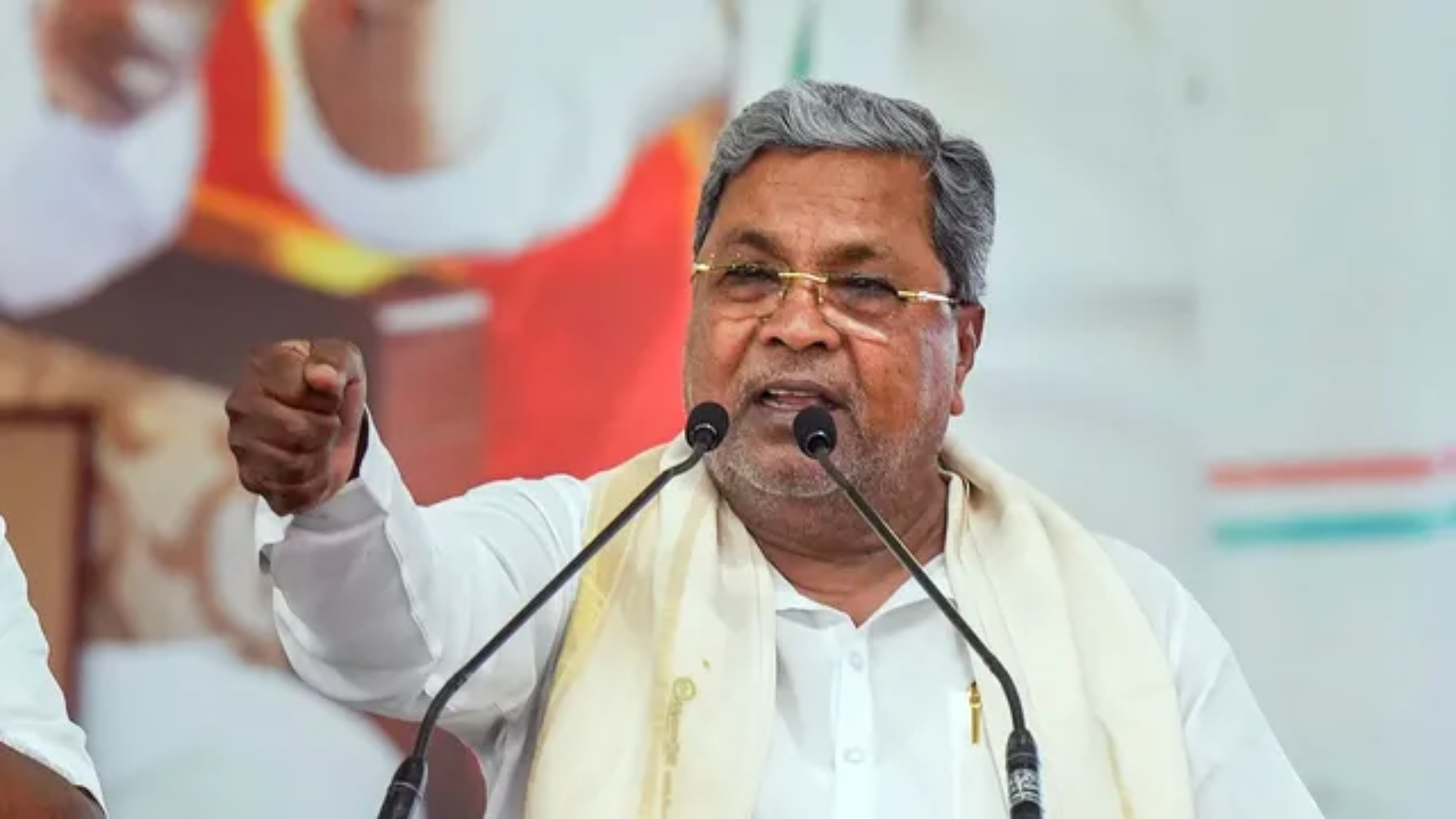


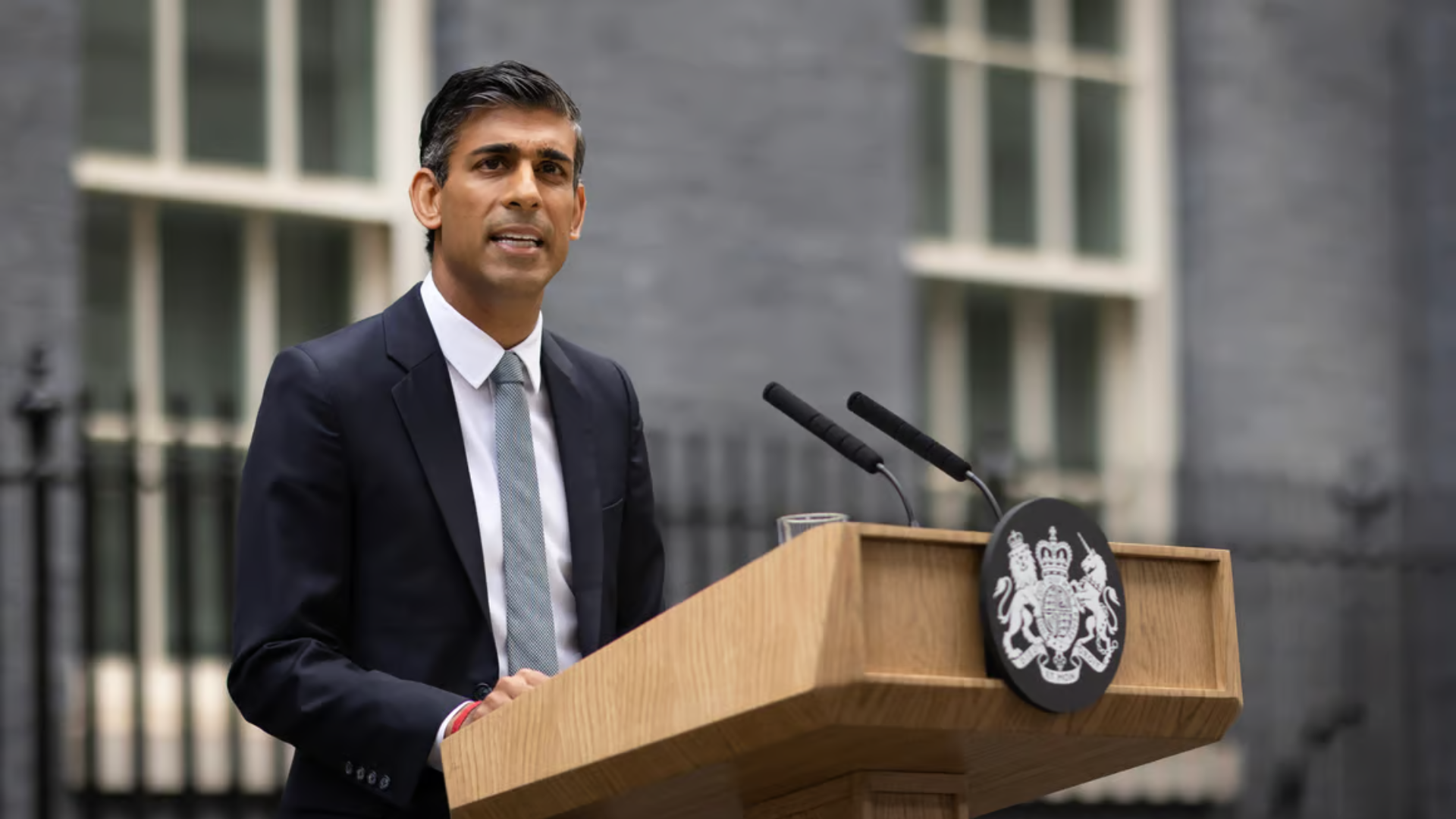
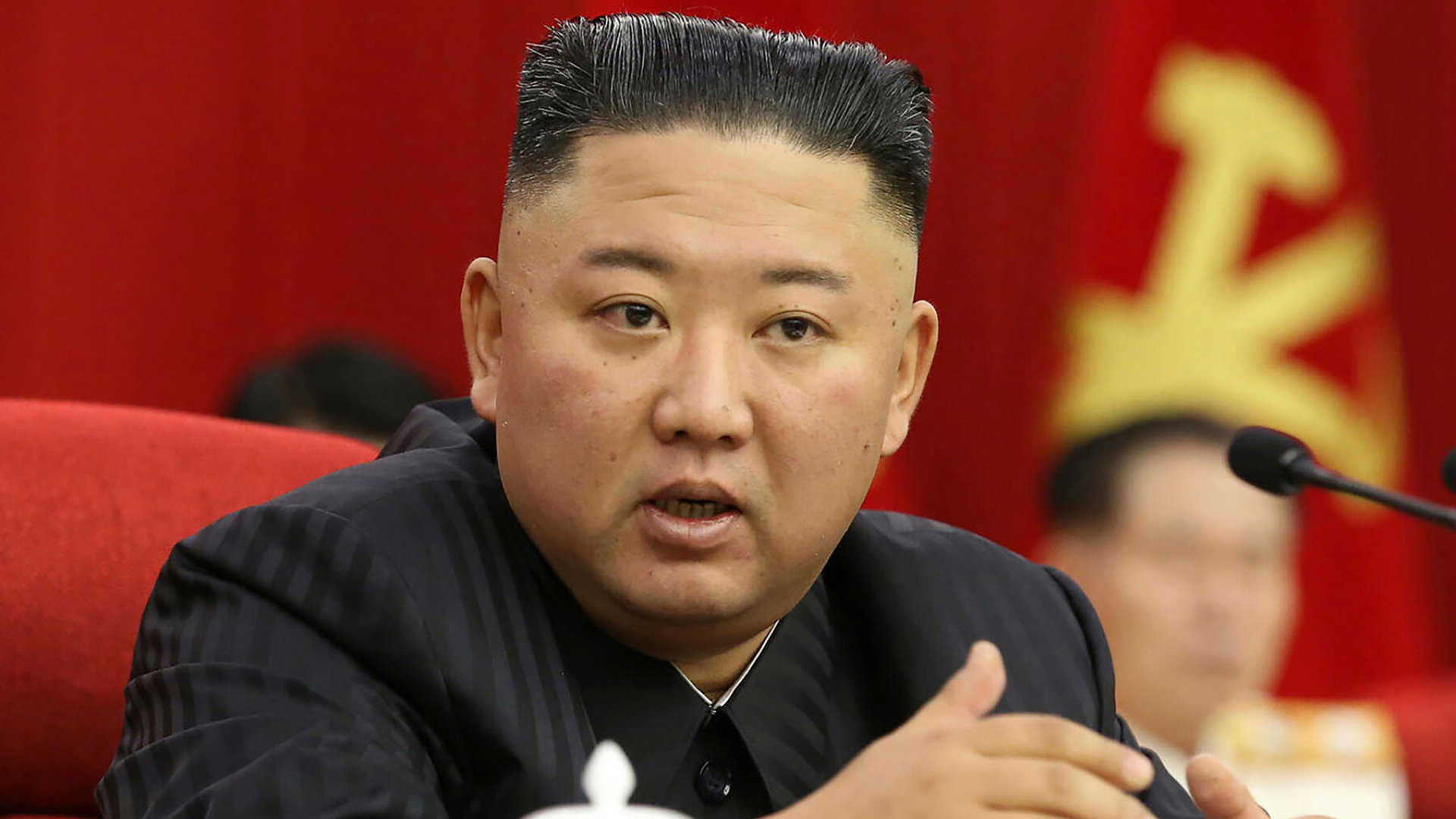
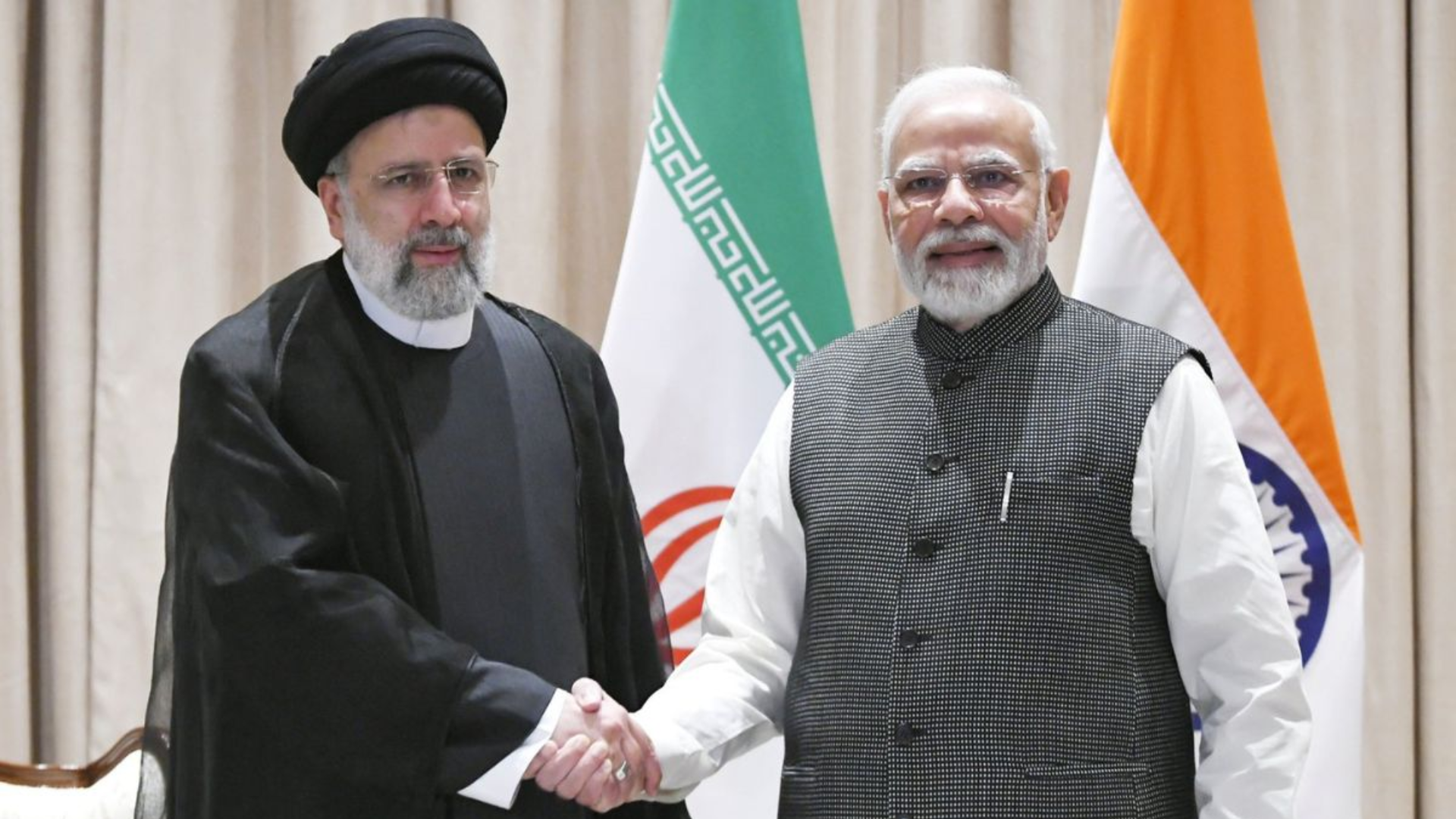

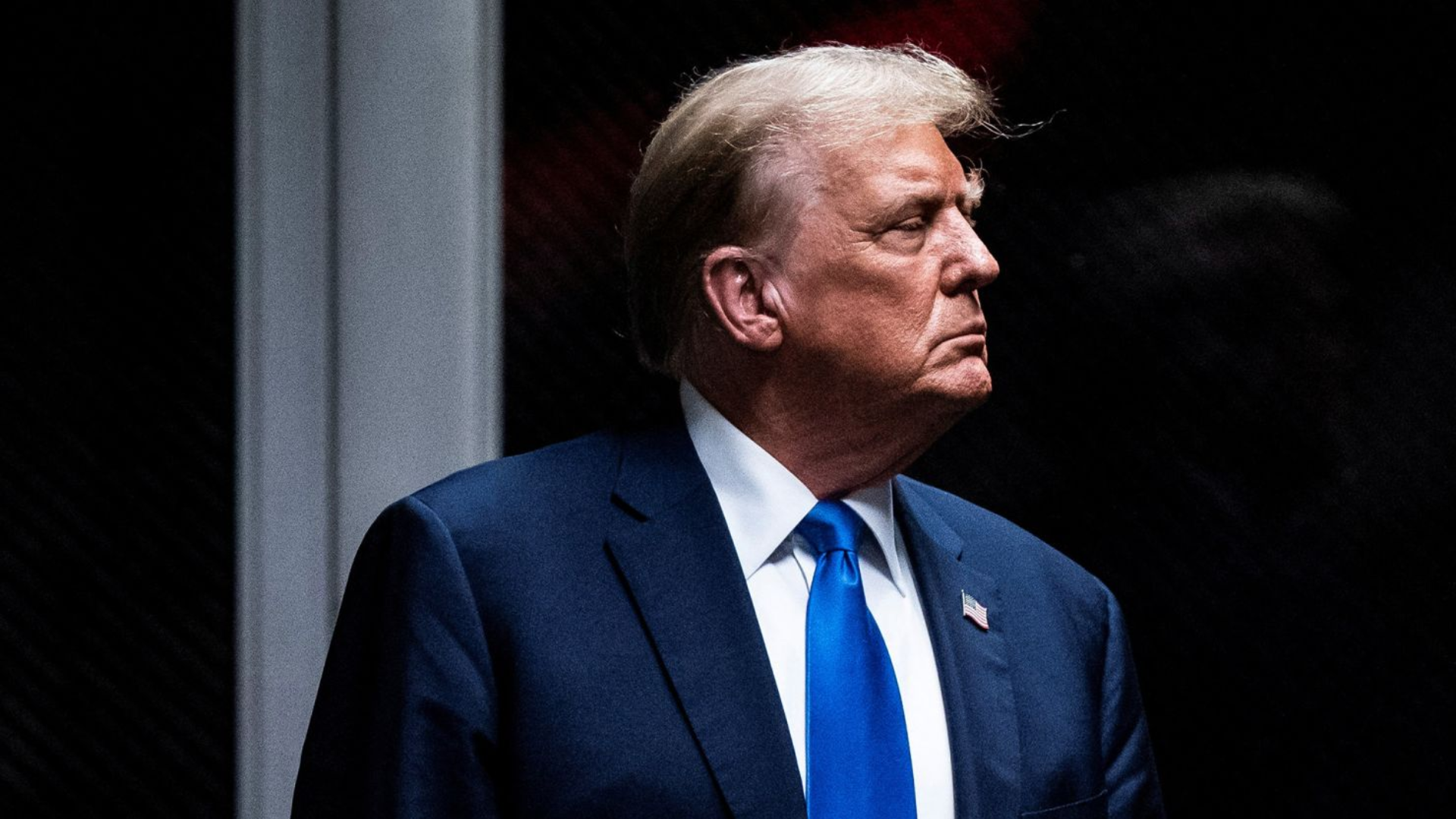
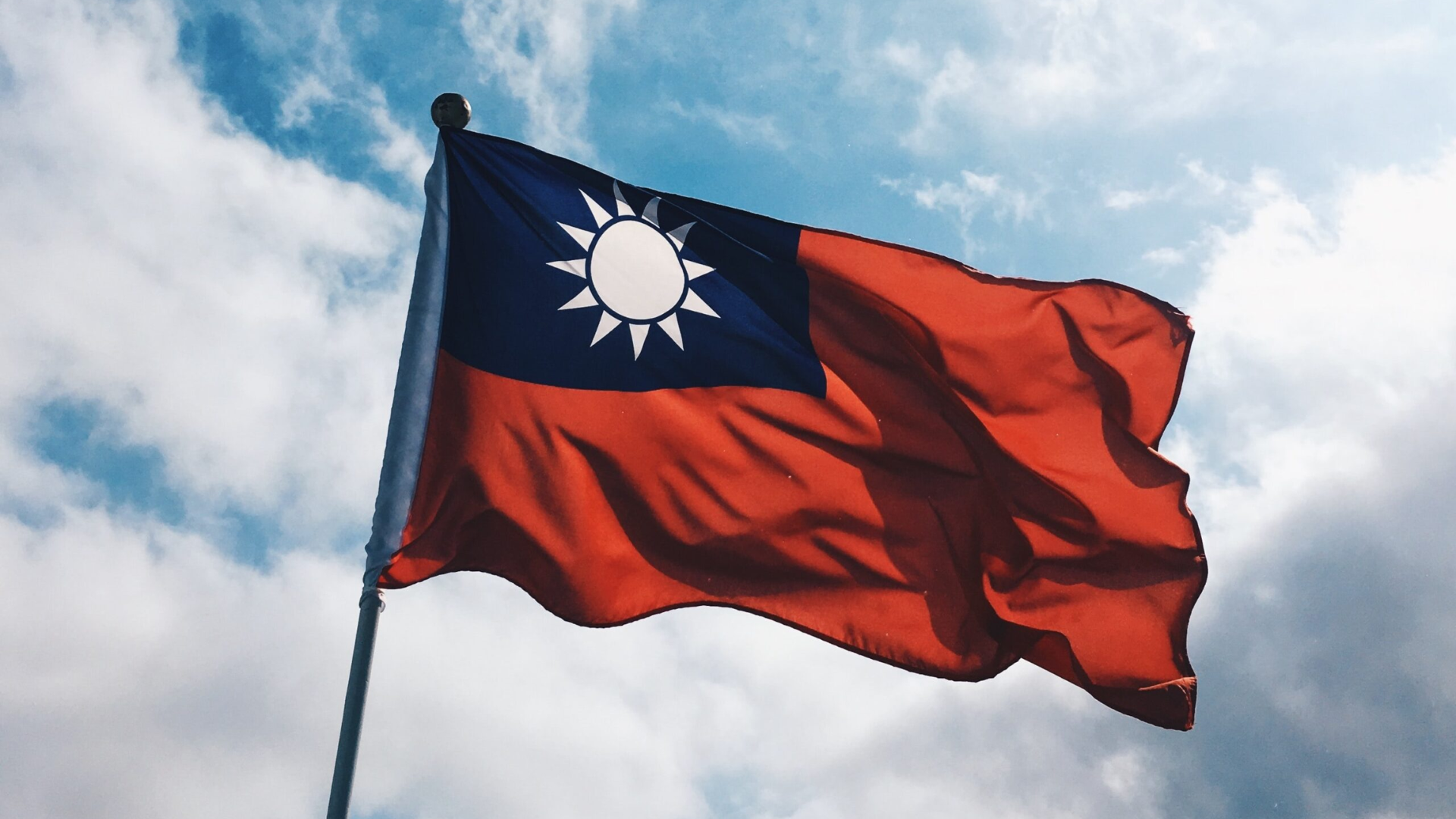


The Group of Seven (G7) foreign ministers reaffirmed on Tuesday that peace and stability were a “indispensible element” of global security, while urging China to act responsibly as a member of the international community.
The foreign ministers emphasised in a joint statement published following a three-day summit in Karuizawa, central Japan, that “there is no change in the basic positions of the G-7 members on Taiwan.” Concerned about the situation in the East and South China Seas, ministers from the United Kingdom, Canada, France, Germany, Italy, Japan, and the United States, as well as the European Union, spoke out against China’s “militarization activities” in the region.
The G-7 joint statement comes in the wake of French President Emmanual Macron’s remarks during his recent visit to China where he said that Europe should not become a “follower” of either Beijing or Washington and avoid getting involved in any conflict between the two countries over Taiwan.
The comminique issued by the G-17 ministers after the meeting in Japan read, “We remain seriously concerned about the situation in the East and South China Seas. We strongly oppose any unilateral attempts to change the status quo by force or coercion. There is no legal basis for China’s expansive maritime claims in the South China Sea, and we oppose China’s militarization activities in the region.”
“We emphasize the universal and unified character of the United Nations Convention on the Law of the Sea (UNCLOS) and reaffirm UNCLOS’ important role in setting out the legal framework that governs all activities in the oceans and the seas,” the statement added.
As a significant milestone, the G7 reaffirmed the Arbitral Tribunal’s award on July 12, 2016. According to the US State Department, the Arbitral Tribunal was established under the 1982 Law of the Sea Convention and issued a unanimous and long-lasting decision rejecting the PRC’s expansive South China Sea maritime claims as having no legal basis.
The G7 members recognised the importance of engaging China candidly and directly to express our concerns. They recognise the importance of cooperating with China on global challenges as well as areas of mutual interest, such as climate change, biodiversity, global health security, and gender equality.
“We reiterate our call for China to act as a responsible member of the international community. We stand prepared to work together to build constructive and stable relations through dialogue and to promote global economic recovery and people-to-people exchanges in a mutually beneficial way,” the statement read.
“It is in the interest of all countries, including China, to ensure transparent, predictable, and fair business environments. Legitimate business activities and interests of foreign companies must be protected from unfair, anti-competitive, and non-market practices, including through illegitimate technology transfer or data disclosure in exchange for market access,” the statement added.
In light of various cyber-theft cases, the G7 urged China to uphold its commitments to act responsibly in cyberspace, including refraining from engaging in or supporting cyber-enabled intellectual property theft for commercial gain.
Concerning Taiwan’s peace, the G7 reaffirmed the importance of cross-Strait stability as an essential component of international security and prosperity, and called for the peaceful resolution of cross-Strait issues. The G7 members’ basic positions on Taiwan, including stated one-China policies, have not changed.
The G7 also expressed concern to China about reported human rights violations and abuses, particularly in Xinjiang and Tibet.
“We reiterate our concerns over the continued erosion of Hong Kong’s autonomy rights and freedoms and call on China to act in accordance with its international commitments and legal obligations, including those enshrined in the Sino-British Joint Declaration and the Basic Law,” the G7 said in a statement.
“We call on China to act in accordance with its obligations under the Vienna Convention on Diplomatic Relations and the Vienna Convention on Consular Relations,” the statement added.



